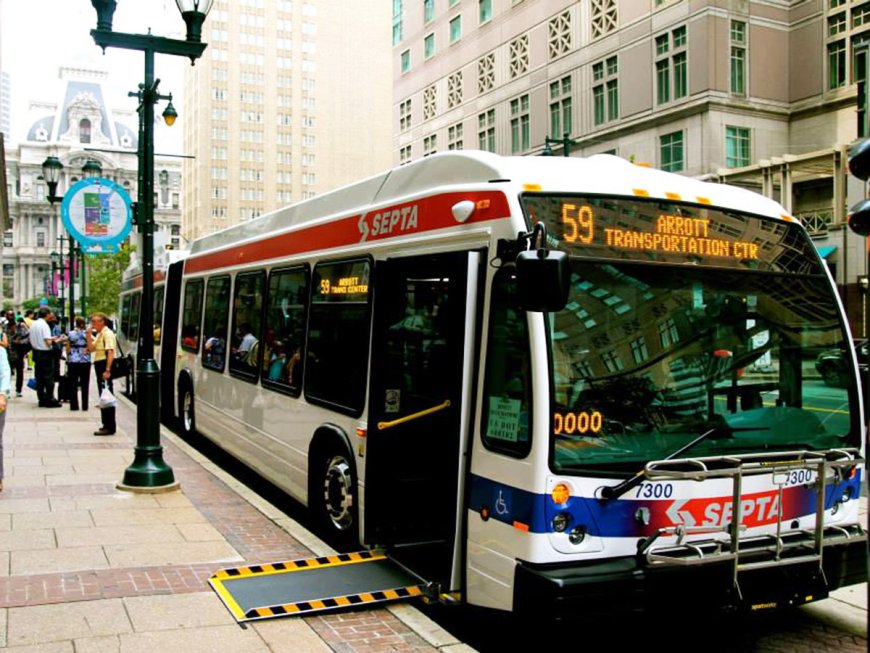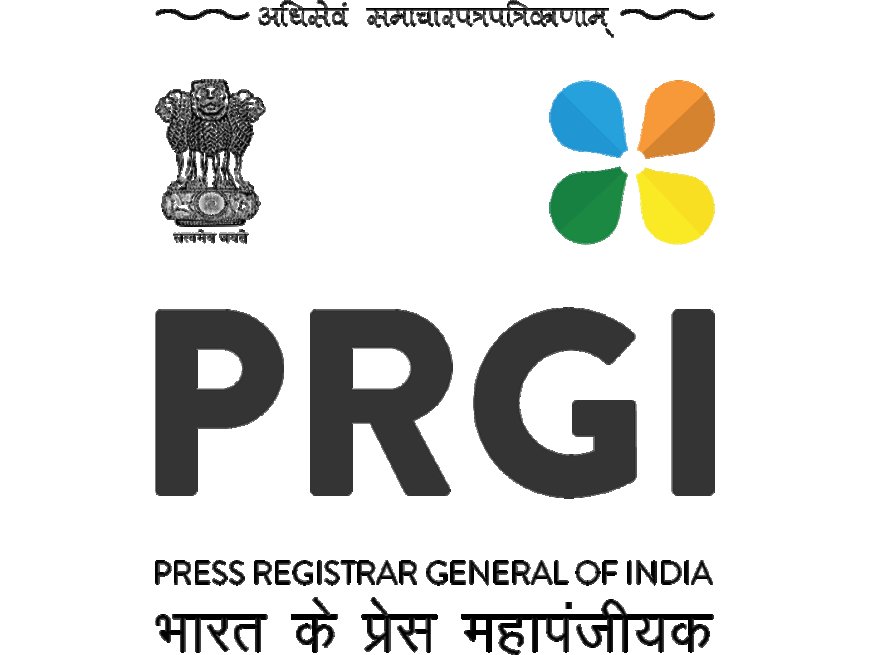SEPTA Faces Critical Deadline: Service Cuts Loom Just Before School Starts
Philadelphia’s SEPTA faces a budget deadline that could trigger service cuts just before the school year starts, impacting thousands of students and commuters.

Philadelphia, PA — The Southeastern Pennsylvania Transportation Authority (SEPTA) is facing a critical budget deadline that could lead to major service cuts and fare hikes—just as thousands of Philadelphia students prepare for their first day of school. With negotiations over state funding still unresolved, transportation officials warn that disruptions could hit as early as next month, potentially impacting tens of thousands of daily commuters and students who rely on public transit.
A Looming Deadline
SEPTA’s fiscal year budget, which funds buses, subways, trolleys, and regional rail services across Philadelphia and surrounding counties, must be finalized in the coming weeks. Without a confirmed funding package from the Pennsylvania legislature, the agency says it will be forced to make “difficult but unavoidable decisions” to maintain operations.
According to SEPTA CEO Leslie S. Richards, the authority is facing a projected $240 million operating shortfall for the 2025 fiscal year. Much of the funding gap is due to the expiration of federal COVID-19 relief funds, which have kept the system afloat since the pandemic caused sharp declines in ridership.
“We are at a point where we can no longer rely on one-time funding to cover recurring expenses. Without state support, we will be looking at a reduced transit system,” Richards said during a press conference.
What Could Be Cut
SEPTA has outlined a series of potential service reductions, including:
-
Reduced bus and trolley frequency on several city routes, particularly those with lower ridership.
-
Shortened subway operating hours, which could impact late-night and early-morning workers.
-
Regional Rail schedule cuts, especially during off-peak hours.
-
Possible elimination of certain low-demand suburban routes.
Officials estimate that nearly 40% of SEPTA riders could be affected, with low-income and student commuters among the hardest hit. According to SEPTA’s internal data, over 50,000 Philadelphia students depend on SEPTA buses and trains daily to get to school.
Impact on Schools and Families
For parents like Andrea Martinez, whose two children attend schools across the city, the uncertainty is already causing anxiety.
“We’ve built our entire routine around SEPTA. If buses start running less frequently, it means earlier mornings, missed classes, and a lot more stress,” Martinez told NewsSutra.
School district officials have echoed these concerns, noting that unreliable transit could lead to increased absenteeism, especially in neighborhoods where public transportation is the primary means of travel.
Political Stalemate in Harrisburg
The funding crisis stems from a stalled budget negotiation in the Pennsylvania state legislature. Lawmakers are split on how much to allocate to public transit, with some advocating for more investment in roads and highways instead.
Governor Josh Shapiro has expressed support for increased SEPTA funding, but the measure has faced pushback from several Republican lawmakers who argue that the agency should first address operational inefficiencies.
Public transit advocacy groups, including the Transit Riders Union of Philadelphia, have warned that without a sustainable funding plan, the city’s economic recovery could stall, and its environmental goals could be undermined.
Economic and Social Consequences
If service cuts proceed, experts say Philadelphia could face:
-
Longer commute times for workers, impacting productivity.
-
Reduced access to jobs for residents without cars.
-
Lower foot traffic for businesses in neighborhoods dependent on public transit.
-
Increased traffic congestion and pollution, as more people turn to private vehicles.
The Greater Philadelphia Chamber of Commerce has urged lawmakers to reach a compromise, noting that reliable transit is essential for attracting businesses and retaining workers in the city.
“Transit is not just a service—it’s an economic engine. Cutting routes will hurt Philadelphia’s competitiveness,” said Chamber President Chellie Cameron.
Next Steps
The Pennsylvania legislature has until the end of the month to pass a funding bill. If no agreement is reached, SEPTA’s Board is expected to vote on a “service reduction plan” in early September—potentially days before the school year begins.
For now, the agency is encouraging riders to contact their state representatives to voice support for public transit funding. Updates on service changes will be posted on SEPTA’s official website and via their transit alerts system.











